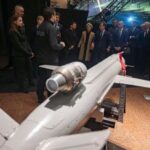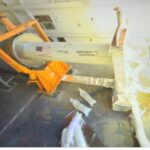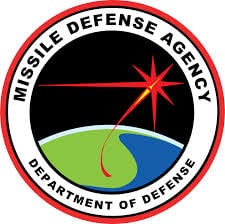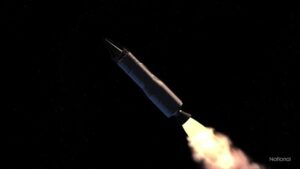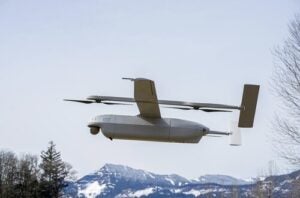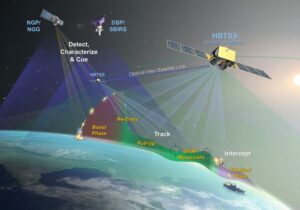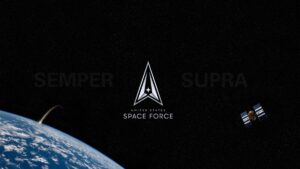
This fiscal year, the U.S. Space Force is to award a contract to modernize the service's Unified Data Library (UDL), which began as a $150,000 research and development effort in 2018 between the Air Force Research Laboratory and the Space and Missile Systems Center--now Space Force's Space Systems Command at Los Angeles AFB, Calif. The "enhanced UDL" has 176 new requirements, Lisa Costa, the Space Force's chief technology and innovation officer, told a Michell Institute for Aerospace Studies' Schriever Space…


